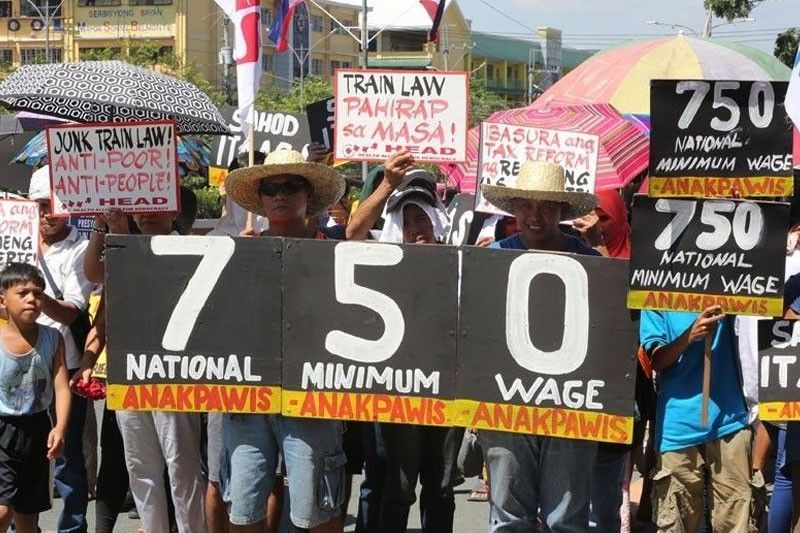The pros and cons of regional wage setting

REGIONAL wage boards have a better idea of local conditions in deciding what wages are suited for their areas, but run a bigger risk of being dominated by employer interests, economists said.
“I agree with (the need for a wage adjustment), but (it) should be done through the regional board,” according to Cielo D. Magno, an associate professor of economics at the University of the Philippines-Diliman and a former Finance Undersecretary.
“Adjusting through the process of the regional wage board allows for the wage adjustment to take into account the local context of both the workers and the industries in the area,” she added in a Viber message.
Monetary Board member and economist V. Bruce J. Tolentino, in a Viber message called the region-based approach the “most appropriate” way to adjust wages.
“The existing system of collaborative wage discussions and region-based wage setting is the most appropriate approach,” he said, “because economic conditions and cost of living is different by region.”
IBON Foundation Executive Director Jose Enrique A. Africa said employers have used their power over workers to dominate regional wage boards, and backed an across-the-board hike as a counter to their influence.
“Legislating a wage hike is really just the National Government stepping in to take the side of workers who have been left behind for so long,” he added via Viber.
Ms. Magno also cited the need to “strengthen workers and unions” at the regional level to ensure regional boards serve their interests.
Mr. Africa said seeking a balance should begin by acknowledging the imbalances workers are operating under.
“Profits, productivity and inflation have outpaced minimum wage increases for decades, so much more weight has to be given to truly meaningful wage hikes,” he added.
Labor Secretary Bienvenido E. Laguesma warned at a forum on Wednesday that a national wage hike could result in job losses and increase the prices of essential commodities.
The Federation of Free Workers countered Mr. Laguesma’s remarks by saying, “a reasonable and just wage increase is not only necessary but also beneficial for workers and the economy.”
“It can improve the quality of life for workers, reduce inequality, and stimulate consumer spending, which in turn can drive economic growth,” it added.
According to a study by IBON Foundation, the Bangsamoro Autonomous Region of Muslim Mindanao has the lowest daily wage for non-agricultural workers with P361 but has the highest living wage for a family of five of P2,069.
Metro Manila daily wages are set at P601 but workers there require P1,192 to earn a living wage for a family of five.
Wage hike bills are pending in both chambers of Congress legislature, with proposals to increase the daily wage by between P100 and P750. — Chloe Mari A. Hufana



